Simaetha revisited (1)
July 4, 2014
How silly is it to use a parody or joke to flag up features on an ancient text? In my post Simaetha’s letter, I provided a letter to an agony aunt, as if written by Simaetha, the speaker of Theocritus 2. This poem (a favourite of mine, which I teach as part of the first …
Beginnings and Endings (77)
June 12, 2014
And another thing… A few weeks ago I posted about beginnings and endings in ancient literature, and called the post ‘Beginnings and endings (1)’. So I must go on… Sometimes the question ‘how can an ancient poem end?’ matters. One striking ending in a modern poem is Keats’ sonnet ‘On first looking into Chapman’s Homer’; …
Pompeii: The Curious Case of the Body Casts
May 29, 2014
Katharina Lorenz asks why the casts made of bodies in Pompeii are so compelling (and so widespread in popular culture). I am not a great fan of sword-and-sandal films, I am afraid. The Life of Brian is about what I am comfortable encountering on the screen antiquity-wise; and when it comes to Ben Hur, admittedly …
#CA14: The greenshirts’ perspective
May 14, 2014
Clare Davis (Nottingham undergraduate) reminisces about helping out at the Classical Association conference in April. As the first delegates arrived for registration on Sunday afternoon, I don’t think many of the student helpers – myself included – were entirely sure what to expect from the next few days, but we quickly noticed the overwhelming friendliness of …
(Ancient) Advice Column 2: Exam Season
May 12, 2014
Esther Eidinow is back, this time with strategies to help with exams. The response to the first Ancient Advice Column has been overwhelming: we’re pleased to say that the wisdom of the ancients appears still to be highly valued. I’m afraid it hasn’t been possible to write back to everyone individually, so I (and I …
Coin for Constantinople
May 11, 2014
Another anniversary from Will Leveritt. One thousand, six hundred and eighty four years ago today, on the 11th of May 330 the emperor Constantine dedicated the city of Constantinople. The obverse of the coin shows the emperor Constantine. The legend reads IMP CONSTANTINUS AVG. The reverse shows the Sun wearing a rayed crown, holding a …
The joy of starting at the end
May 8, 2014
Why are endings a good place to start when studying stories? I am just coming to the end of my third year special subject, Epic Endings. We started with the end of the Aeneid (Aeneas plunges his sword into Turnus and symbolically founds Rome – the Latin word condere means both ‘plunge’ and ‘found’) and …
When Texts Are Things: the writing’s on the wall
March 23, 2014
It would be easy to think that new material in ancient literature was confined to a small number of very rare discoveries – but actually the evidence changes all the time. Here is just one small, unspectacular but nevertheless exciting example… When I last posted here, it was about the ‘New Sappho’, forthcoming in Zeitschrift …
Martial and first world problems
March 17, 2014
The first world problem meme might seem a relatively recent invention but the late first-century AD poet Martial was already playing with the idea. Some examples of #firstworldproblems: ‘Just got a splinter in my finger from an avocado stone. Guacamole injury.’ ‘No shiraz so had to use merlot in the beef bourguinon.’ featured here. More …
Love is a bourgeois construct: the view from Rome
March 7, 2014
A few weeks ago I asked if you believed in love: now I’m thinking about the ways that ideas of love affect the rest of life, and are implicated in class structures. The title of this post comes from a Pet Shop Boys song in which they refer to a David Lodge campus novel Nice …

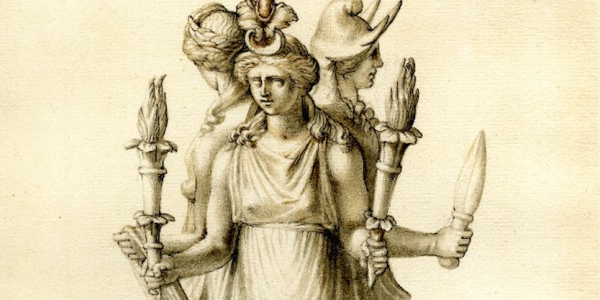
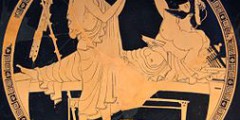

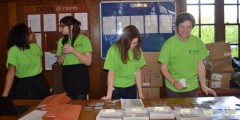
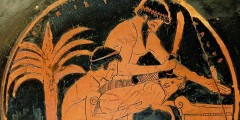
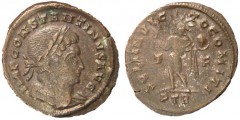

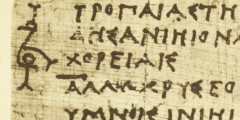

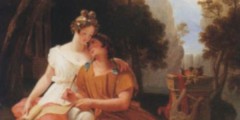
Recent Comments